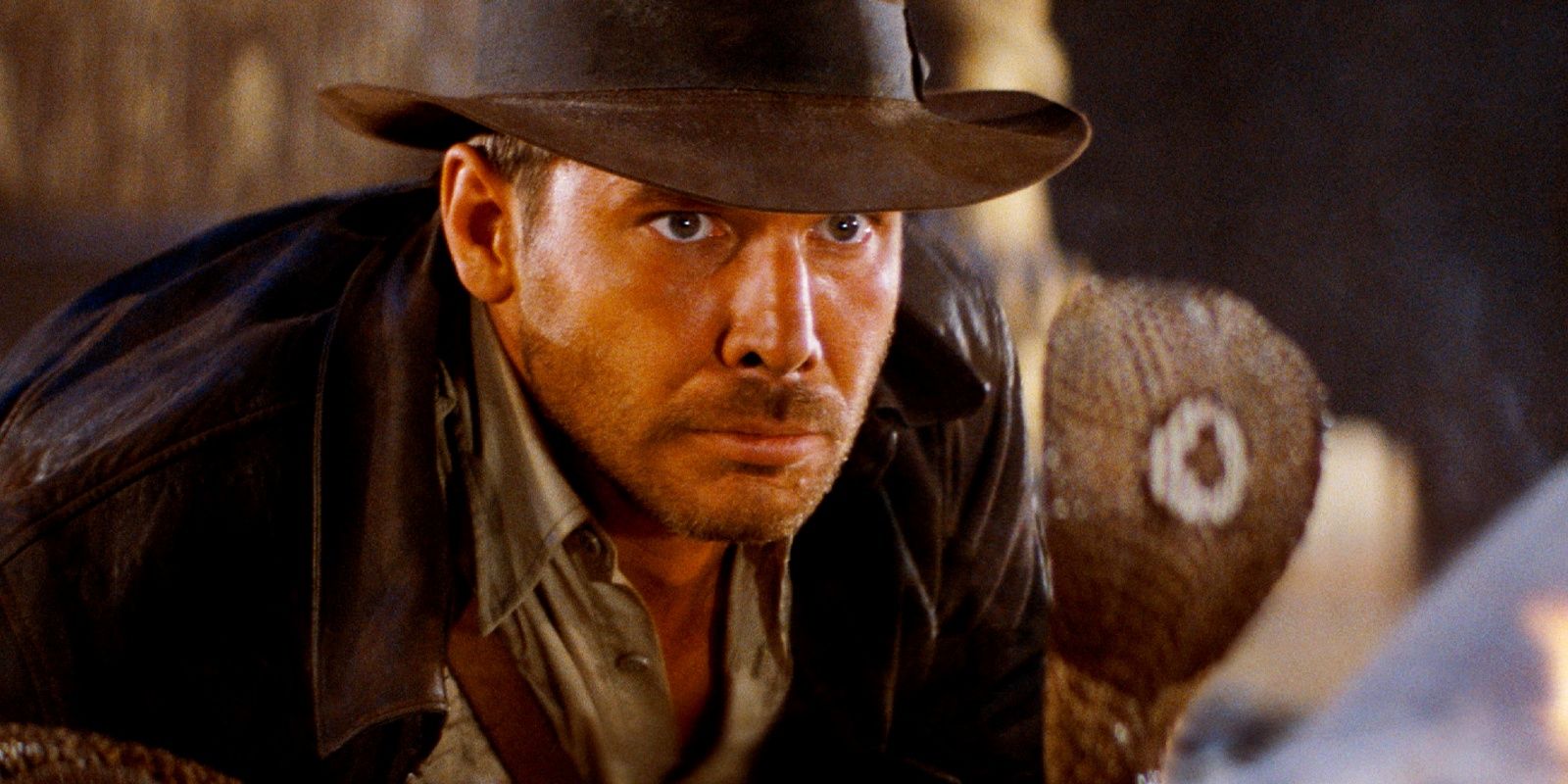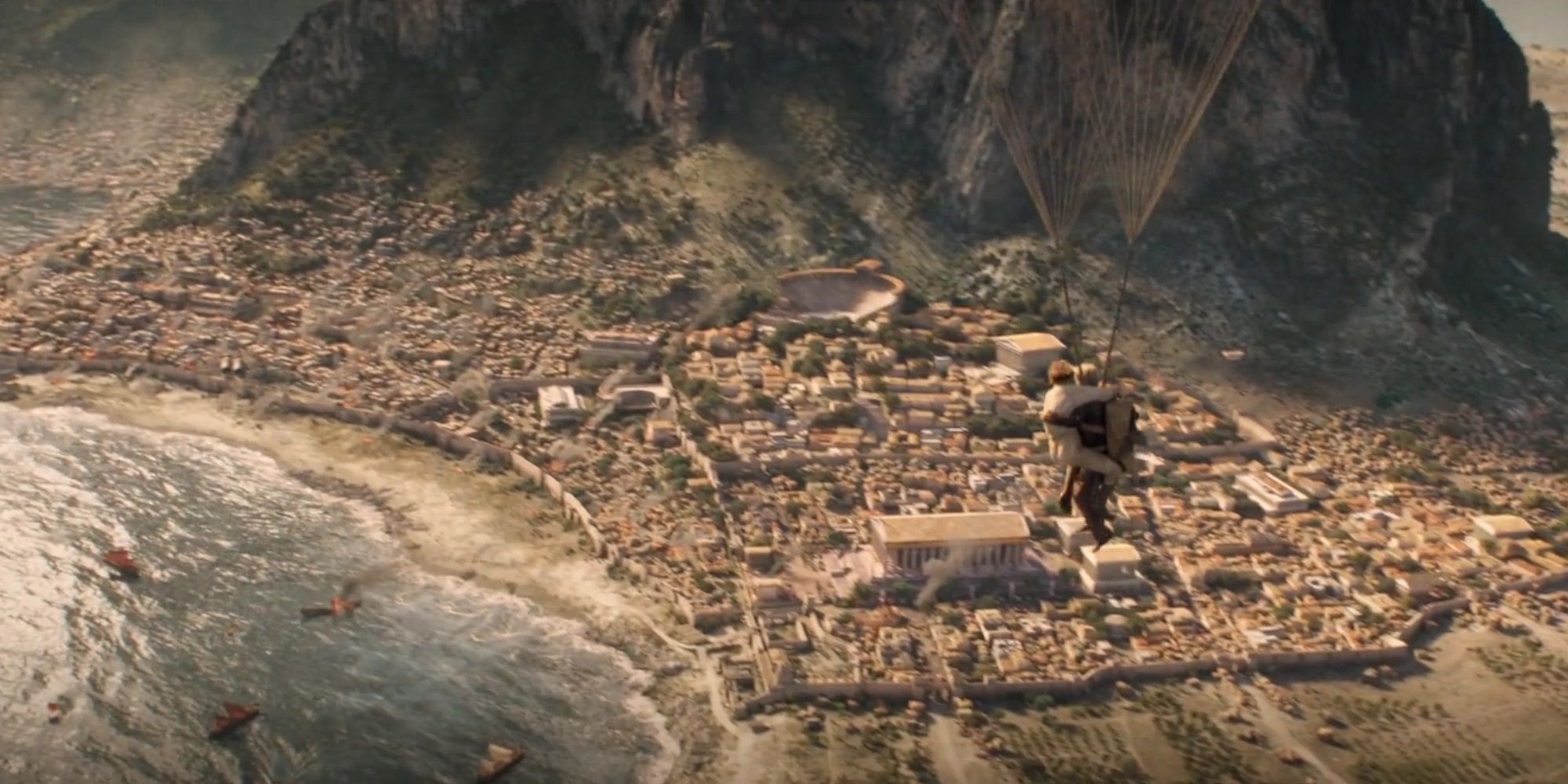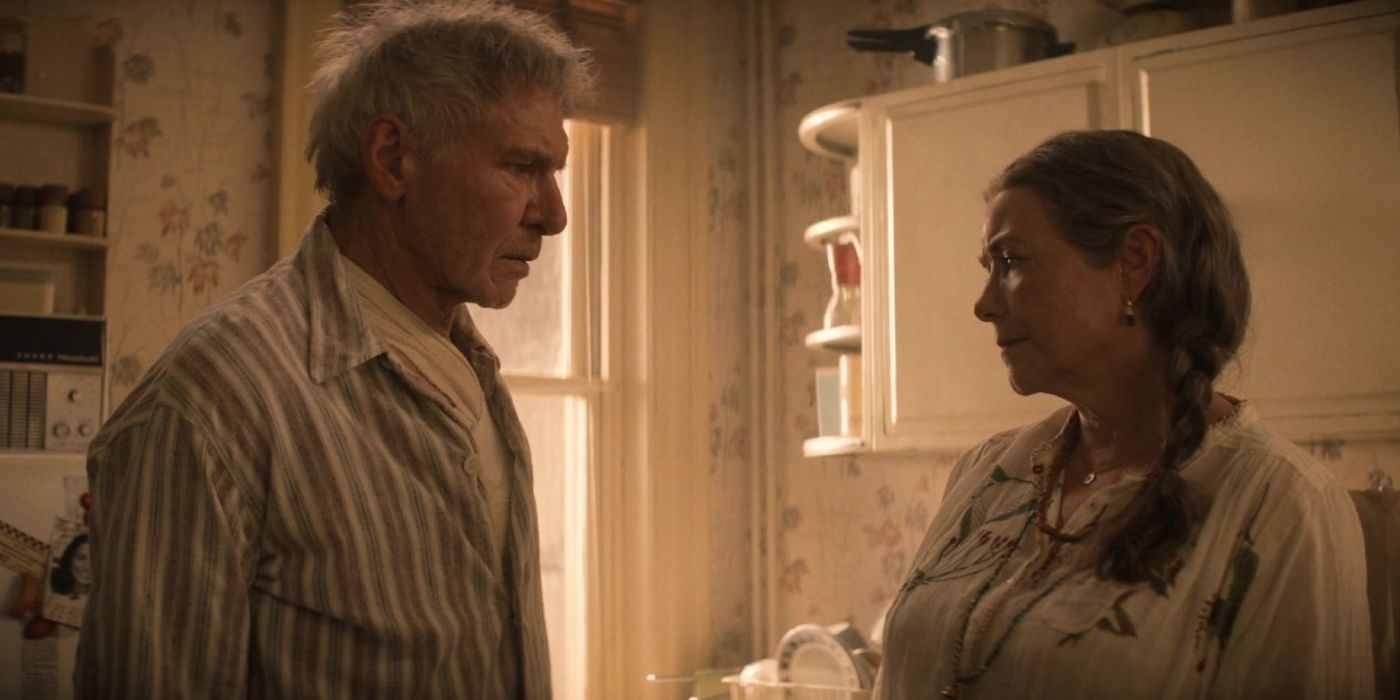After a long wait for the franchise’s fifth and supposedly final entry, Indiana Jones and the Dial of Destiny didn’t exactly live up to expectations. Although there are whispers that the franchise could be in for a full reboot, it looks more likely for the time being that Dial of Destiny was Indy’s final farewell.
Although the Indiana Jones franchise produced some of Steven Spielberg’s best movies and became associated with the legendary director’s entertaining style, James Mangold took over for Dial of Destiny. The Logan and Ford v Ferrari director creates some exciting action scenes, but Dial of Destiny is ultimately dragged down by its script.
Perhaps Dial of Destiny was one adventure too many for Indy, since the character’s fourth outing was also a big step-down in quality from the original trilogy. Kingdom of the Crystal Skull introduced more of a sci-fi angle to the franchise, and Dial of Destiny took this one step further with a controversial time travel narrative.
Dial Of Destiny’s Time Travel Plot Wasn’t Such A Bad Idea
Dial Of Destiny Almost Nails A Difficult Concept
The decision to send Indy back in time has been derided by many fans of the franchise, but it’s really the execution that’s lacking. Dial of Destiny almost gets its time travel premise spot-on, since it finds a way to incorporate the sci-fi concept into the familiar setting of the franchise.
For the most part, Dial of Destiny doesn’t concern itself with time travel at all. It’s a straightforward action-adventure narrative about Indy battling for possession of a powerful ancient artifact, just like his previous outings. It’s only in the film’s final act that the timeline deviates from the norm.
The Antikythera mechanism is a real artifact found in Greece, but the fictionalized version in Dial of Destiny serves as a way to predict the occurrence of spacetime anomalies which allow people to travel through time. This is an important distinction, since it’s not a time machine of any kind. It’s merely a roadmap.
The idea of sending Indy back to the past isn’t a bad one, since it tests his devotion to the people around him. Indy has always been fixated on his work and the secrets of history, often to the detriment of those around him. Allowing him to see the past first-hand puts this obsession into a new perspective. The problem is how Dial of Destiny develops this story.
Indy’s Reluctance To Return To His Own Timeline Is What Ruins His Character
Indy Turns Down The Chance To Change For The Better
The ending of Dial of Destiny tangles the timeline of the Indiana Jones franchise like never before, sending Indy back to Ancient Greece where he can meet Archimedes and see the Siege of Syracuse with his own eyes. Indy then has to decide whether to return to his own time or to stay in the ancient world for the rest of his life.
Indy decides to stay in Ancient Greece, and he has to be physically knocked out and dragged back to the present against his will. It’s a huge anticlimax to see such an iconic hero’s journey coming to an end without him giving any input, but this isn’t the only problem with Dial of Destiny‘s finale.

Related
10 Ways The Indiana Jones Movies Have Aged Poorly
The Indiana Jones franchise started back in 1981, so it’s no surprise that some parts of the movies have aged poorly in the last 44 years.
It would have been much more powerful to see Indy choosing to return to the present of his own volition. After spending his life in search of the past, appreciating and accepting his own present could have represented a moment of real growth. It would also make his hasty reunion with Marion in the closing moments feel like much less of an afterthought.
Since Dial of Destiny was always supposed to be Indy’s last adventure, this ending is even more meaningful. Simply knocking Indy out and forcing his story to end without him being an active participant feels like a huge missed opportunity. It’s a disappointing ending to one movie, let alone five.
The Indiana Jones Franchise Wasted Plenty Of Perfect Endings
Dial Of Destiny Was A Step Too Far
It’s possible that Dial of Destiny was never going to find a way to appease the fans, since the Indiana Jones franchise had already outlived its welcome. While the original trilogy has the nostalgic appeal of true action-adventure classics, there clearly wasn’t much appetite for a fifth movie.
Dial of Destiny was a box office flop, and its 70% Rotten Tomatoes score is also underwhelming. It’s always difficult to pick up a story after so many years of inactivity, but this was especially difficult for Dial of Destiny given the specific history of the Indiana Jones franchise.
With a bit more delicacy around the time travel narrative and a more decisive final act from the hero, Dial of Destiny could have delivered a satisfying ending.
Indy already had his perfect ending in The Last Crusade, as he and his friends ride off into the sunset after a job well done. This may sound cheesy, but The Last Crusade‘s heartfelt story earns this moment. Even the divisive Kingdom of the Crystal Skull gave Indy a more suitable ending, while Raiders of the Lost Ark would have been a satisfying standalone film.
It’s hard to end a long-running franchise, especially one that has already spoiled every chance at a satisfying ending that it has ever had. The frustrating thing is that Dial of Destiny could have come close with just a few tweaks. With a bit more delicacy around the time travel narrative and a more decisive final act from the hero, it could have pulled off the impossible.
Source link



















Add Comment